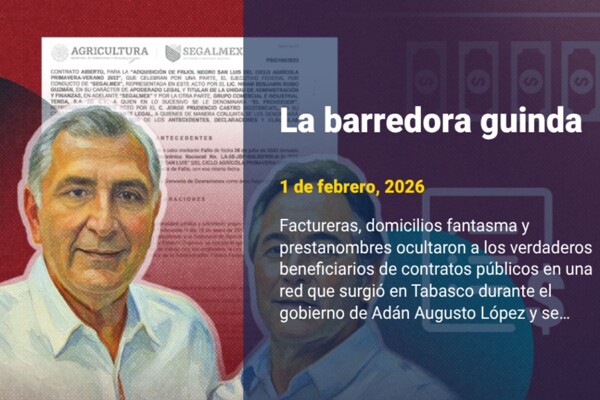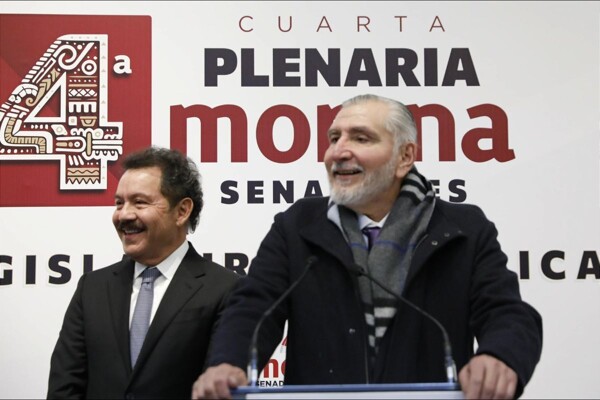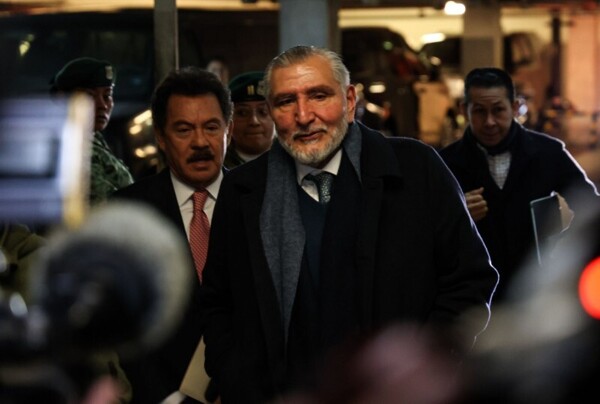
President Trump has made the decision to designate eight cartels with a presence in Mexico as terrorist organizations. This decision has generated three simplifications that have distorted the understanding of the legal, political, and economic implications of such designation.
The first simplification is to think that this designation automatically entails the use of lethal force and military capabilities to combat these organizations in Mexico. It has been mistakenly assumed that the cartels operate under a logic similar to Islamic terrorism, secessionist, or insurgent movements, which is not entirely true.
The second simplification is to believe that this decision is merely a campaign gesture by Trump or a bilateral negotiation tool, similar to threatening to impose tariffs, which may not be the case.
The third simplification is to think that antiterrorism measures will only affect the security policies of both countries. In reality, this designation represents a radical shift in the way the problem of Mexican cartels is addressed, which are now considered enemy combatants with capabilities comparable to those of a nation-state.
The consequences of this designation imply a significant change in the definition of priorities and the strategy to combat these criminal groups, which have evolved from representing a problem of managing illicit markets to a territorial control threat to the United States.
Although legal instruments and policies have been used to sanction those collaborating with terrorist organizations, it is unlikely that the use of direct military force will be the solution to dismantle the cartels in Mexico, given the levels of corruption and infiltration that these groups possess at all levels of authority.
In conclusion, the designation of the Mexican cartels as terrorist organizations represents a significant change in the way the fight against organized crime in the region is addressed, opening a new chapter in the relationship between Mexico and the United States regarding security and cooperation in the fight against drug trafficking.














